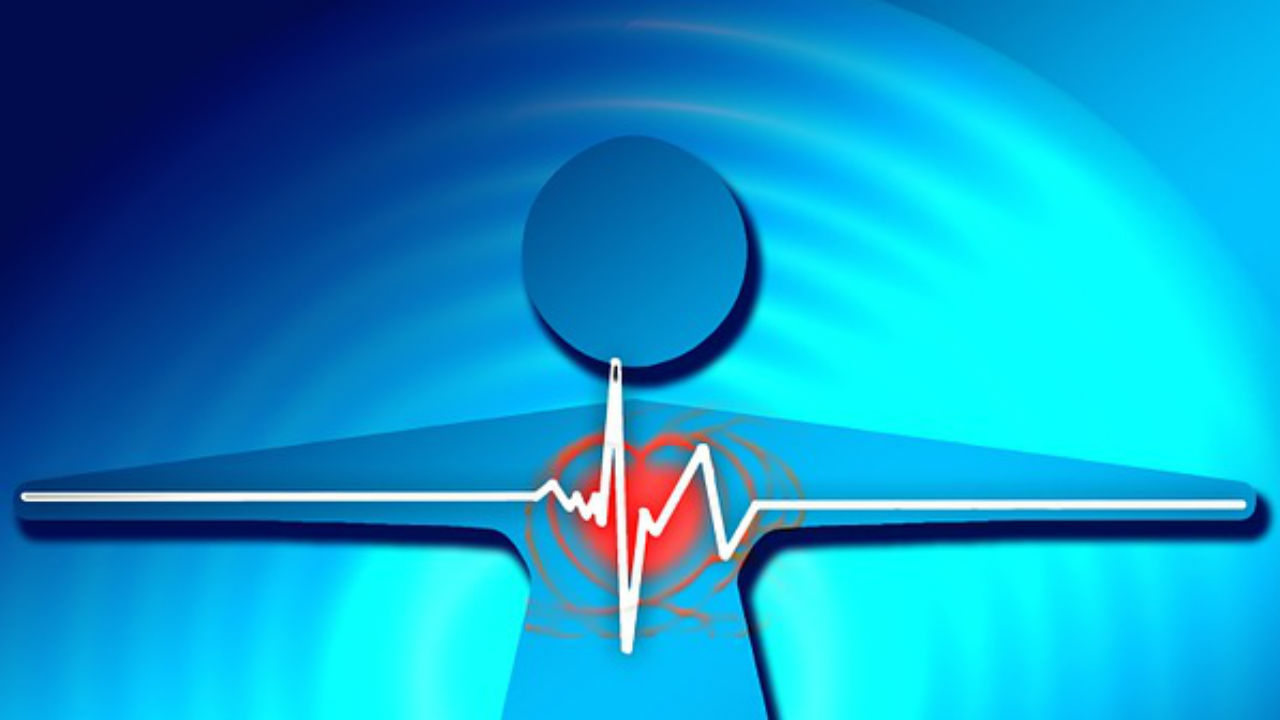A new Belgium study about salt consumption may challenge the dietary guidelines for Americans.
The study, which was published in the Journal of the American Medical Association (JAMA), followed 3,681 patients over eight years. All of the patients were healthy. Also, they had no signs of high-blood pressure or heart issues. The study divided the patients into three groups:
• Highest salt intake
• Lowest salt intake
• Average salt intake
According to CBS News, Belgium scientists discovered the following:
• The lowest sodium intake patients had a 56 percent greater chance of death from heart attack or stroke than the group who used salt the most frequently.
• Low sodium intake was not associated with improved health.
According to Reuters Health, the Belgium scientists discovered the following:
• Participants with the lowest salt intake had the highest rate of death from heart disease.
• People who ate the most salt had the lowest rate of death from heart disease.
• One in four, who started out with normal blood pressure, was later diagnosed with high blood pressure.
“If you decrease sodium intake a lot, you activate some of the systems that conserve sodium and they are known to have a negative influence on cardiovascular outcomes,” Dr. Jan Staessen, author of the study and professor of medicine at University of Leuven in Belgium, told JAMA.
During the study, urine tests were used to measure sodium levels in patients. According to medical experts, urine tests are the most accurate way to measure salt in a person. Just two urine tests were conducted during the entire eight years of the study. The first test was conducted at the beginning of the study and the second test was conducted at the end of the study.
In an interview with the New York Times, Dr. Peter Briss, a medical director of the Centers for Disease Control and Prevention, criticized the Belgium study. Briss told the New York Times that the study was small and it was hard to draw conclusions. Also, Briss said that its subjects were relatively young (with an average age of 40 at the beginning of the study) and the patients had few cardiovascular events.
Recently, a study published in the New England Journal of Medicine said, "as many as 99,000 heart attacks could be prevented annually if people cut their sodium intake down to 1,200 milligrams a day."
Due to consumer pressure, many food companies have provided alternative products with lower sodium.
It is recommended that Americans consume less than 2,300 milligrams of salt daily. For those with heart disease or high blood pressure, the recommendation is 1,500 milligrams of salt a day.
Sources:
bit.ly/hwxtTL
http://www.nytimes.com/2011/05/04/health/research/04salt.html
http://www.cbsnews.com/8301-504763_162-20059659-10391704.html?tag=cbsnewsMainColumnArea
http://healthland.time.com/2011/05/04/low-salt-diets-reduce-heart-disease-risk-right-a-study-disagrees/
http://www.reuters.com/article/2011/05/03/us-eating-less-salt-doesnt-cut-heart-ris-idUSTRE7427AG20110503





Add a Comment1 Comments
Salt are good for the health.Increases conductivity in nerve cells for communication and information processing.
overstock coupon code
May 10, 2011 - 3:45amThis Comment